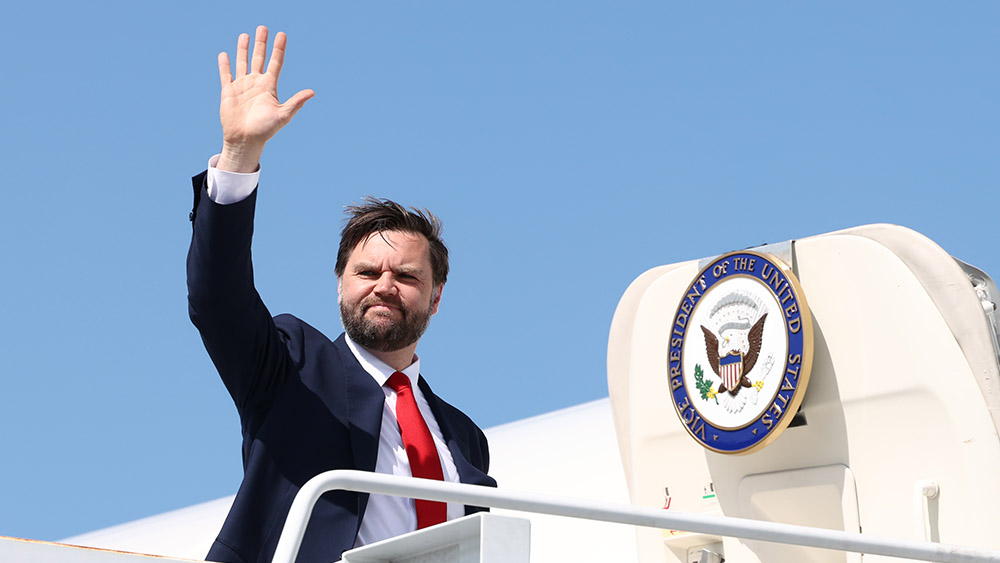 Parler
Parler Gab
Gab
- EU and U.S. form alliance to counter China's control over rare earth metals crucial for tech and defense.
- U.S. President Trump's administration is considering a 100 percent tariff on Chinese imports in response to China's dominance in the rare earth sector.
- The U.S. signals potential retaliation against China's rare earth export controls, citing protection of U.S. and allied interests.
- The U.S. military is stockpiling rare earths to secure its defense supply chain amid Chinese export curbs.
- Geopolitical tensions escalate as nations seek to reduce dependence on China's dominance in the rare earth metals market.
Military implications
The U.S. military is taking steps to secure its supply of rare earths amid China's export curbs. The Pentagon is stockpiling these critical minerals to ensure a steady supply, highlighting the strategic importance of rare earths in military applications. The potential disruption of these supply chains could have significant implications for global defense and security. The escalating geopolitical tensions over rare earth metals and technology underscore the critical role these minerals play in the global economy and defense sector. As China tightens its grip on the rare earth market, other nations are scrambling to secure alternative sources and reduce dependence on Beijing. The EU-U.S. alliance and potential U.S. trade measures signal a united front against China's dominance, setting the stage for further geopolitical maneuvering in the rare earth sector. U.S. soybean exports to China have plummeted. Watch this video to know more. This video is from the TrendingNews channel on Brighteon.com. Sources include: TheEpochTimes.com RT.com BrightU.ai Brighteon.comU.S. escalates tech war with China: Software export controls on the table
By Gregory Van Dyke // Share
The fragile truce: U.S. is calling the shots in Gaza, leaving Israel frustrated
By Zoey Sky // Share
Japan defies U.S. pressure, maintains Russian energy imports citing national security
By Belle Carter // Share
Hamas is acting in “good faith” under ceasefire deal, says Jared Kushner
By Kevin Hughes // Share
Amazon’s robot revolution: Leaked documents reveal plan to replace 600,000 jobs by 2033
By Kevin Hughes // Share
Governments continue to obscure COVID-19 vaccine data amid rising concerns over excess deaths
By patricklewis // Share
Tech giant Microsoft backs EXTINCTION with its support of carbon capture programs
By ramontomeydw // Share
Germany to resume arms exports to Israel despite repeated ceasefire violations
By isabelle // Share










